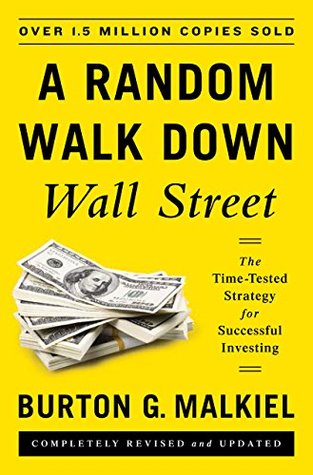In one set of experiments, the device was not even attached, so the players had absolutely no control over the movements of the ball. Nevertheless, when subjects were questioned after a period of playing the game, they were convinced that they had a good deal of control over the movement of the ball. (The only subjects not under such an illusion turned out to be those who had been clinically diagnosed with severe depression.)
Welcome back. Just a moment while we sign you in to your Goodreads account.


